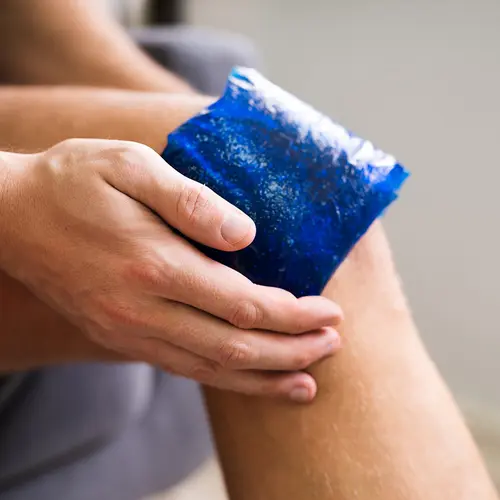A woman’s hormones change greatly at different times in life. You’re flooded with them at puberty and pregnancy. Then at menopause, the tide turns. If you have psoriatic arthritis (PsA) or psoriasis, you may wonder what these big hormonal cycles mean for your joints and skin.
The two are related conditions caused by a problem with your immune system. It mistakenly attacks your body’s tissues as if they were an invader. If you have psoriasis, you can scaly, red patches of skin. With PsA, you have joint pain and swelling.
Studies show that hormones may play a role. Some researchers think hormones set off immune changes in the skin because psoriasis symptoms tend to spike during puberty, after childbirth, and at menopause. PsA symptoms, on the other hand, sometimes get better after you deliver your baby.
Puberty Can Trigger Flare-Ups
Around ages 7-13, a girl’s body starts growing into that of a woman. Your body starts making sex hormones, including estrogen and progesterone. The rush of hormones can cause or worsen skin problems, including teenage acne and psoriasis.
High levels of estrogen after your first period may cause certain skin cells to reproduce too quickly. Since hormone levels go up and down during your menstrual cycle, so can your psoriasis symptoms. Women often report a flare-up right before they start their period.
Pregnancy Might Bring Relief
If you’re expecting, your immune system changes so your body doesn’t reject the baby. This may be why some women get a break from psoriatic disease during pregnancy. It’s thought that high levels of pregnancy hormones -- especially estrogen -- may be the reason.
One recent study looked at 42 pregnancies in 29 women with psoriatic arthritis. In almost 60% of the pregnancies, women saw their arthritis either improve or stay the same. In nearly 90%, skin symptoms got better or stayed stable.
It’s hard to predict how you’ll fare while you're pregnant. Some women’s joints and skin get worse. Each pregnancy is unique. Even if your first is a breeze in terms of psoriatic disease, your next one may be different.
Doctors say you might do better if you get your psoriatic disease symptoms under control before you get pregnant.
Talk to your OB/GYN and your other doctors when you’re thinking about starting a family. Some medications -- including methotrexate, used to treat severe psoriasis -- need to be stopped months before you get pregnant.
Delivery Might Cause Relapse
If your psoriasis symptoms got better while you were expecting, the improvement may be short-lived. After the baby comes, your hormone levels go into a free-fall and your immune system snaps back to its previous state. For many women, symptoms flare badly a few weeks after delivery.
But some women find that their joints feel better after they have the baby, while others feel worse. Some women with psoriasis get PsA for the first time after giving birth.
Menopause Is a Trigger
During menopause, your estrogen level falls, which can set off hot flashes, night sweats, and maybe psoriatic arthritis. Some women get joint symptoms for the first time after their periods end. Your skin may get worse, too. In one study, almost half of women reported their psoriasis flared after menopause. Only 2% said their symptoms got better. You might think hormone replacement therapy (HRT) could improve your skin. But no strong research shows that HRT and birth control pills help much with psoriasis.
Stress Can Trigger a Flare
Stress is one of the biggest triggers for psoriatic disease. And your hormonal events can bring on the stress. Caring for a crying, hungry newborn can strain any mom. During menopause, sleep problems and other symptoms can stress you out, too.
Find a way to chill out. Meditation, yoga, or simple walks may help cut your stress.

